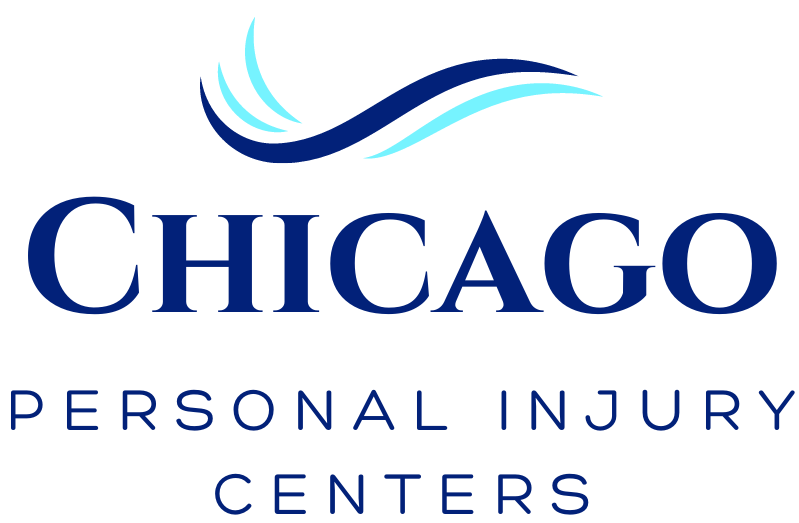Workplace injuries can be a disruptive and stressful experience. Beyond the physical pain and limitations, navigating the complex world of medical care, compensation, and potential legal claims can feel overwhelming.
However, recognizing and addressing a workplace injury promptly is crucial for ensuring your optimal recovery and securing proper compensation. Curated by the Chicago Personal Injury Centers, this read aims to equip you with the knowledge to effectively identify, document, and navigate the legal aspects of a workplace injury.
Understanding Workplace Injuries
The unfortunate reality is that injuries can occur in a variety of workplace settings. Some of the most common types of workplace injuries include:
- Back injuries: These are incredibly common, often resulting from lifting heavy objects, repetitive motions, or awkward postures.
- Repetitive strain injuries (RSIs): These develop over time due to repeated motions or forceful exertions, causing pain and discomfort in areas like the wrists, elbows, and shoulders.
- Fractures: Falls, blunt force trauma, or overuse can cause fractures in bones anywhere in the body.
- Traumatic injuries: These encompass a wide range of injuries caused by sudden accidents, such as cuts, lacerations, sprains, and head injuries.
Regardless of the nature of the injury, seeking immediate medical attention is paramount. Early intervention ensures proper diagnosis and treatment initiation and creates a documented medical record of the injury from the very beginning.
Medical Documentation of Workplace Injuries and Its Importance
Detailed and timely medical documentation is critical for supporting a worker’s compensation claim or a potential legal case. It serves as concrete evidence of the injury, its severity, and its connection to your work environment.
Effective medical evidence can include:
- Initial medical reports: This includes details of your injury, the circumstances of the incident, and the initial treatment provided.
- Ongoing treatment records: All subsequent doctor’s visits, specialist consultations, physical therapy sessions, and test results contribute to a comprehensive picture of your recovery journey.
- Expert opinions: In complex cases, opinions from medical specialists can be crucial in establishing the cause and long-term impact of your workplace injuries.
The Role of Healthcare Professionals
Healthcare providers play a crucial role in the legal process by offering detailed, objective documentation of a patient’s injury, its causes, and its implications. This information can help establish the severity and legitimacy of the injury, potentially influencing the determination of liability or compensation in personal injury.
Moreover, their professional opinion can assist in understanding the prognosis, required treatments, and the possible long-term effects on the patient’s quality of life.
Navigating the Legal Landscape
When you’ve been injured, at the workplace or not, the last thing you really want to think about is how to handle the legal aspects of your injuries. However, it can be an important part of ensuring that you get the best care for your injuries without going into extreme medical debt.
Understanding your rights as a worker is vital to ensuring those rights are maintained.
Workers’ Compensation vs. Personal Injury Claims
The legal path after a workplace injury often involves these two avenues, and understanding their distinction is vital to your case.
- Workers’ compensation is a system mandated by law to provide financial benefits and medical care to employees injured on the job, regardless of fault. In exchange, you generally waive your right to sue your employer directly.
- On the other hand, personal injury claims are lawsuits filed against a party other than your employer, such as a third-party contractor who caused the accident or a manufacturer of defective equipment that contributed to your injury.
Each option has different implications for the patient, and the choice depends on the specifics of the injury and the circumstances surrounding it.
Legal Requirements for Proving a Claim
Proving a workplace injury claim requires meeting specific legal criteria and is heavily reliant on medical evidence. The process often involves showing that:
- You suffered a work-related injury.
- The injury arose out of and in the course of your employment duties.
- The injury resulted from a specific event or condition in the workplace.
Challenges in Documenting and Proving Workplace Injuries
Unfortunately, navigating workplace injury claims isn’t always straightforward. Some common obstacles you may have to deal with include:
- Disputes over severity – Your employer or the insurance company may contest the severity of your injury, potentially impacting the compensation you receive.
- Denial of causation – There may be disagreements about whether the injury indeed occurred at work, creating challenges in securing benefits.
However, you can overcome these hurdles by documenting your pain levels, symptoms, and limitations on a daily basis. Maintaining a diary provides valuable evidence of your ongoing struggles. Also, do not miss any follow-up appointments. Consistent medical care is key to showing your commitment to recovery and strengthens your case.
Collaborative Care Approach
A collaborative, interdisciplinary approach involving various healthcare professionals can provide a comprehensive treatment plan. This approach not only supports recovery but also strengthens your claim by offering a holistic view of the workplace injuries and their effects.
Open communication between your healthcare providers and your legal team is also crucial. It helps ensure that all medical evidence is accurately interpreted, presented, and utilized to support your case.
Seek Treatment for Any Workplace Injuries
Remember, seeking immediate and appropriate medical care after suffering workplace injuries is the foundation for a successful recovery and a potentially solid legal case.
Thorough documentation of your injury, from initial medical reports to ongoing treatment records, is crucial, and understanding the legal landscape, whether navigating worker’s compensation or a personal injury claim, empowers you to advocate for yourself effectively. This is where a specialized injury treatment center can be invaluable.
At Chicago Personal Injury Centers, we understand the complexities of workplace injuries and the associated legal challenges. Our team of experienced healthcare professionals is committed to providing you with comprehensive care that addresses both your physical well-being and the need for accurate medical documentation. Do not hesitate to call us at (773) 482-5800 to get started!

